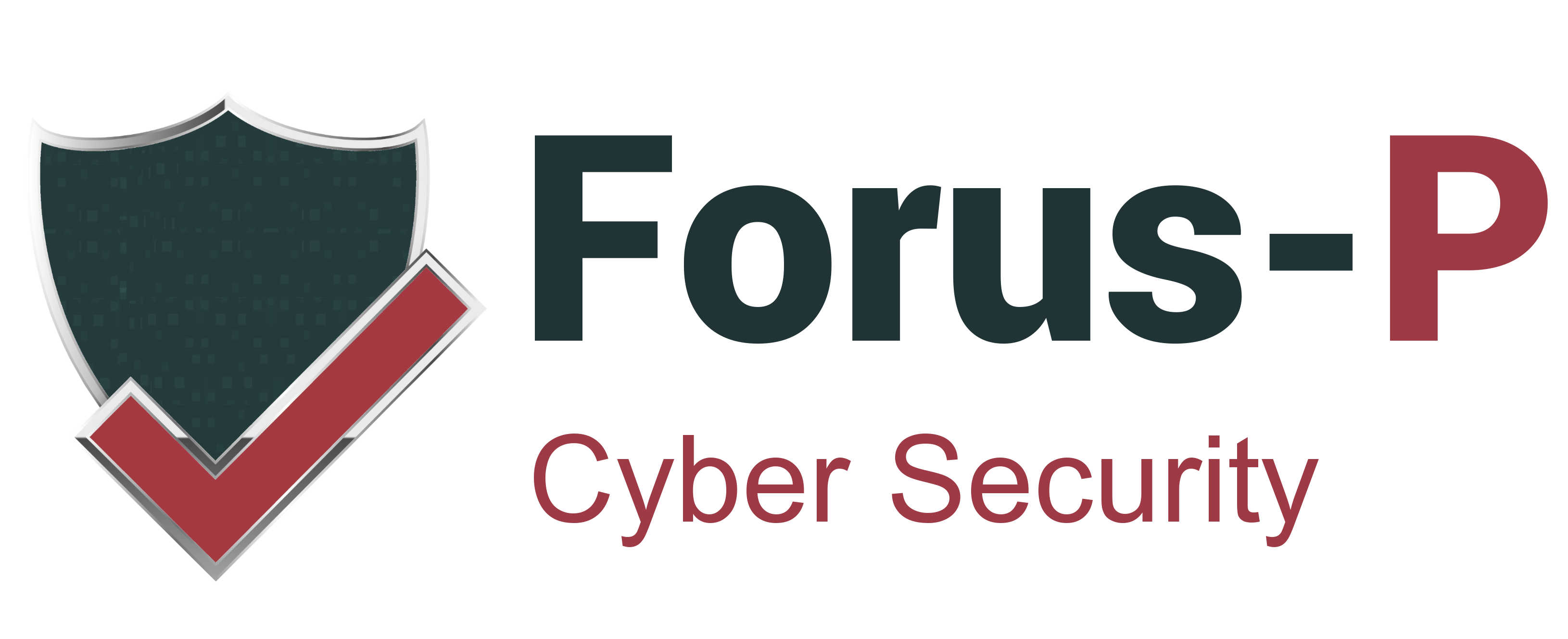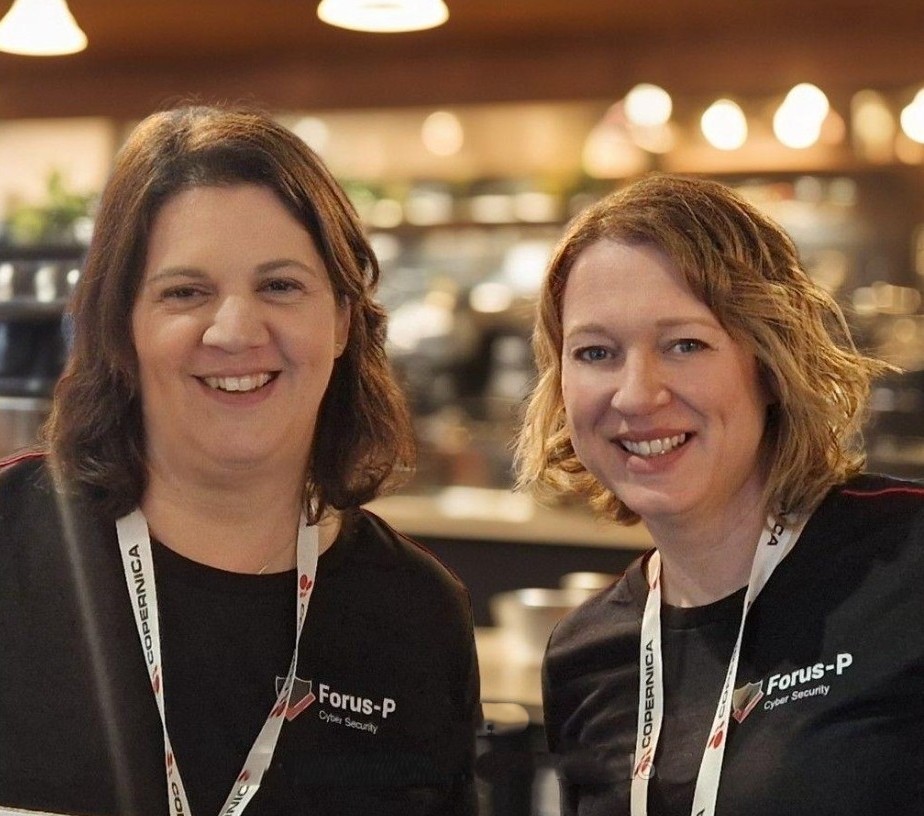Cyber Security Made Simple: What Every SME Needs to Know

October is Cybersecurity Awareness Month, and this year’s theme “Secure Our World” is a timely reminder that digital safety isn’t just a tech problem. It’s a business one.
And if you’re running a small or medium-sized business, you might feel like cybersecurity is just another thing on a long to-do list. Maybe you’re not sure where to start, or you think it’s too technical, too costly, or something that only big companies need to worry about.
The reality? SMEs are among the most common targets for cybercrime, and the least prepared.
Phishing emails, fake websites, stolen passwords, data breaches… these are everyday risks that can affect businesses of every size. And while large organisations may have in-house IT teams and big budgets, most SMEs don’t. That doesn’t mean you’re powerless. Far from it.
Start Simple. Stay Secure.
Good cybersecurity doesn’t have to be complicated or expensive. In fact, here are a few basic (but powerful) actions you can take right now to reduce your risk:
1. Update Your Systems and Software
Old software is one of the easiest ways for hackers to sneak in. Make sure your operating systems, apps, and hardware (like routers and printers) are fully up to date. Wherever possible, set updates to install automatically.
2. Strengthen Your Passwords
If your team is still using the same password for multiple accounts, or worse, weak or guessable ones, it’s time for a change. Use a password manager to generate and store strong, unique passwords for each account, and enable two-factor authentication (2FA) wherever you can.
3. Clean Up Unused Accounts
Old logins and forgotten user accounts can become security holes. Review who has access to your systems and tools, and remove anything (or anyone) that’s no longer needed. It’s one of the simplest ways to tighten security without spending a cent.
4. Back Up Your Data
Accidents and attacks happen. Regularly backing up your critical files, both to the cloud and to external drives, ensures you won’t lose everything in the event of a breach or hardware failure. Make sure to test your backups now and then too.
5. Check for Vulnerabilities
Even if you think everything is secure, it’s worth double-checking. Vulnerability scans can help identify weak points in your systems. A professional audit or penetration test (by an ethical hacker) can go even further to test your defences.
6. Review Your Data Practices
Are you collecting more data than you need? Are you storing it securely? Make sure your privacy practices are up to scratch, and that your team knows how to handle sensitive information responsibly. It's not just about compliance; it’s about trust.
7. Train Your Team
Cybersecurity is a team sport. Your staff are often the first line of defence, especially against phishing and social engineering attacks. Even a short training session can make a big difference in helping them recognise red flags before it’s too late.
8. Know Where You Stand
A quick cybersecurity health check can help you see what you’re doing well, and where your gaps are. Whether it’s an internal review or an external audit, understanding your current posture is the first step to making informed improvements.
You Focus on Your Business. Let Us Help With the Rest.
Getting started with cybersecurity doesn't have to mean learning a whole new language or investing in costly tech. It's about taking simple, manageable steps that make sense for your business, and getting the right support when you need it.
This Cybersecurity Awareness Month, take a few minutes to review your current practices, and see where one small change might make a big difference. Because securing your world doesn’t have to be overwhelming. At the end of the day, you want to focus on growing your business, serving your customers, and doing what you do best.
Just start simple. And stay safe.
About the Authors

Eveline van Manen and Dafna Peters are the Co-CEOs of Forus-P Ltd., a cyber security company with roots in a family business that has been securing websites for over 30 years in the Netherlands. In 2023 they established Forus-P in Bunclody, Co. Wexford with a clear mission: to help Irish businesses protect themselves online through practical website vulnerability scanning, manual penetration testing, and engaging cyber awareness training. As an all-female team, they combine international experience with a down-to-earth approach: no unnecessary complexity, just clear, practical solutions to keep businesses secure from cyber threats.
If you’d like to find out how we can help your business stay secure, visit us at www.donotgethacked.com or drop us a line at secure@forus-p.com.
